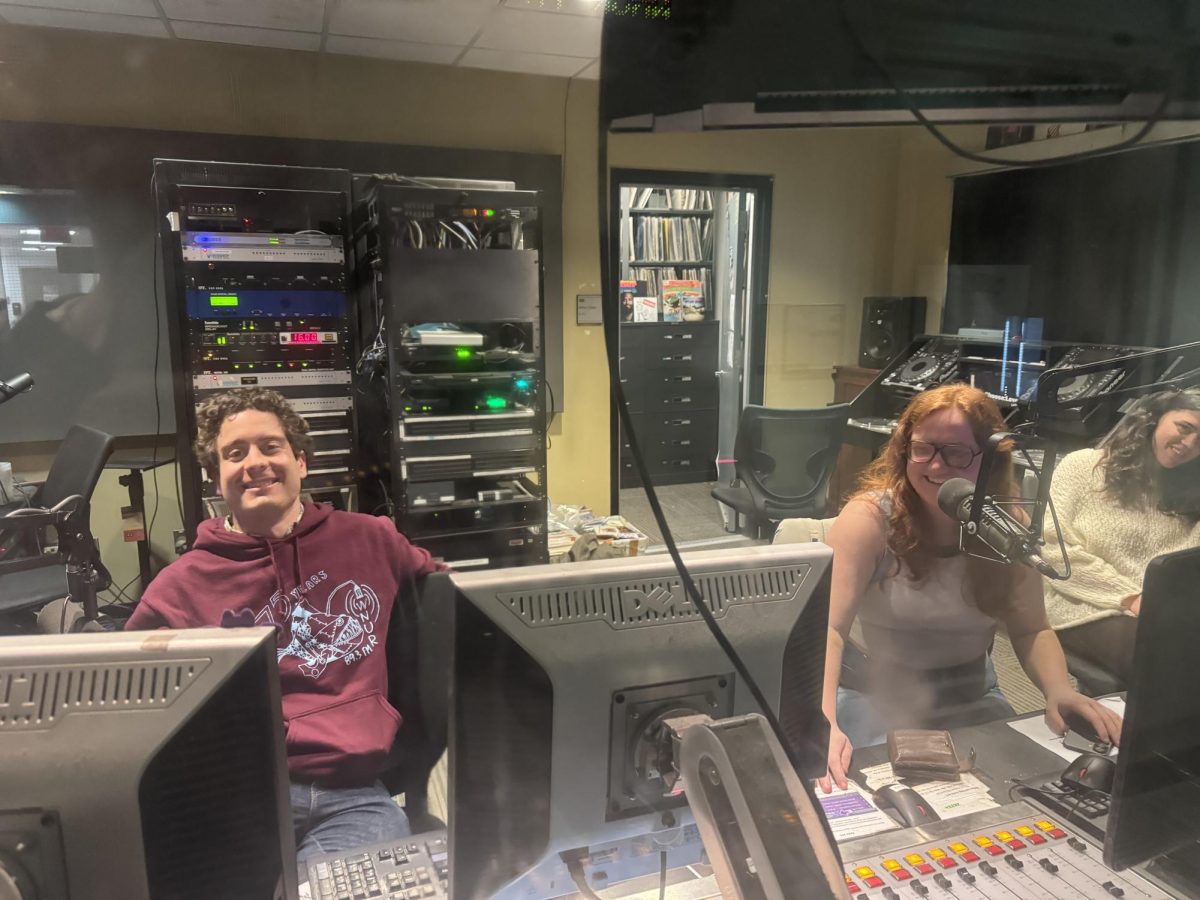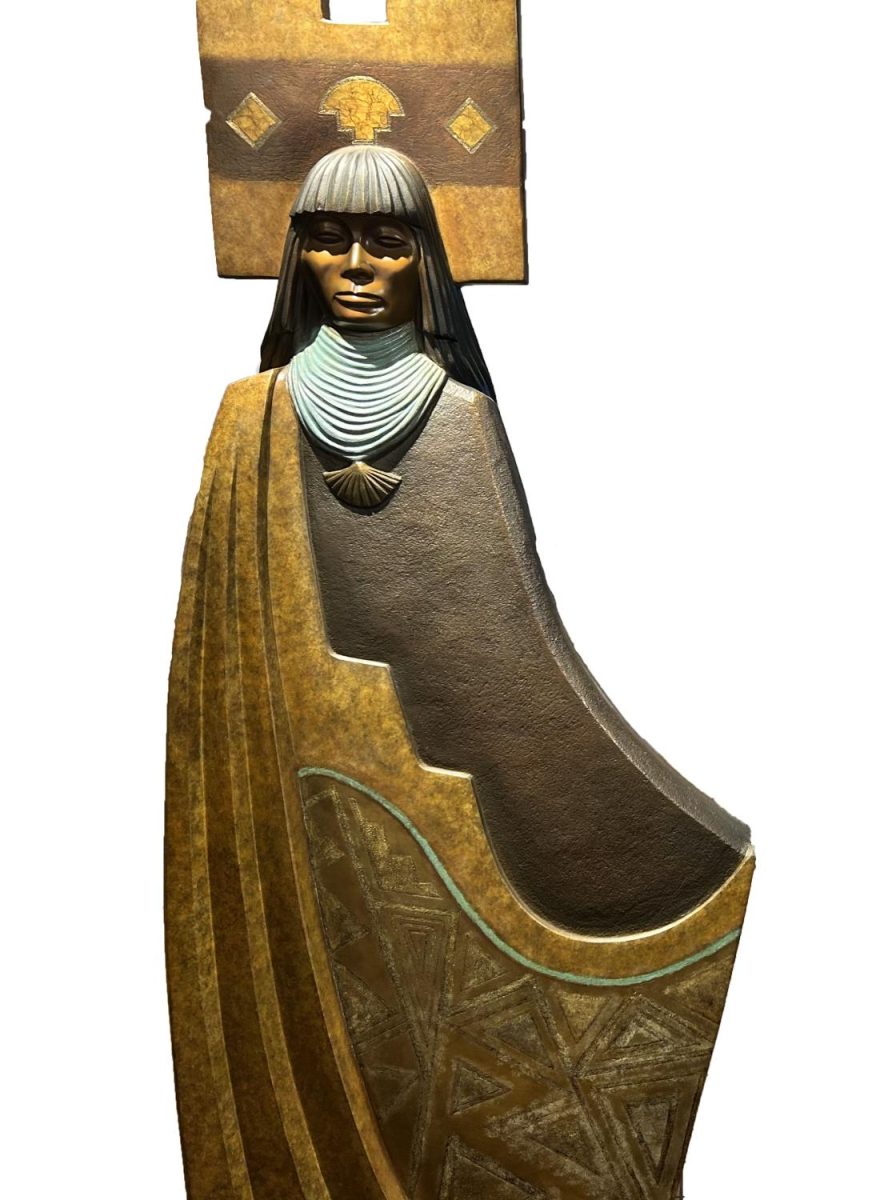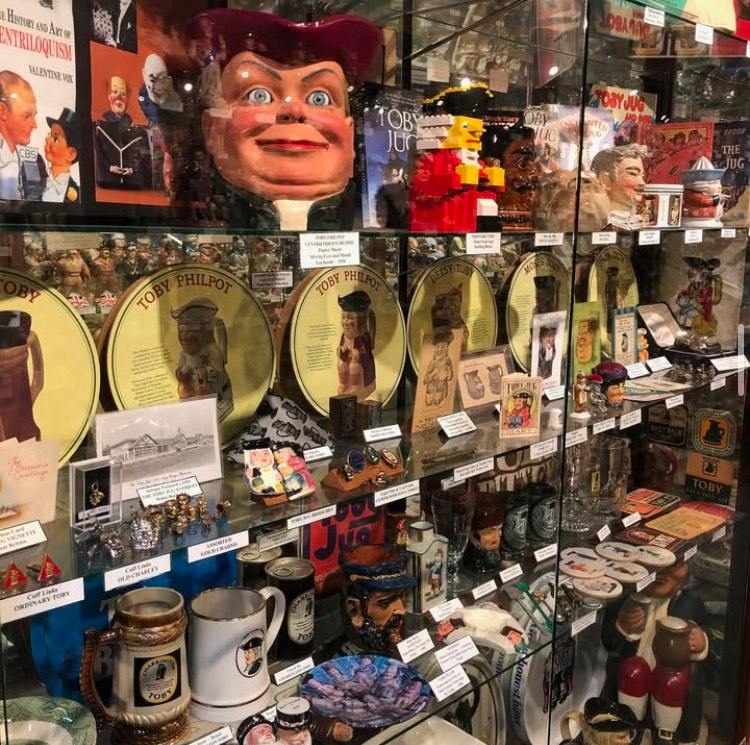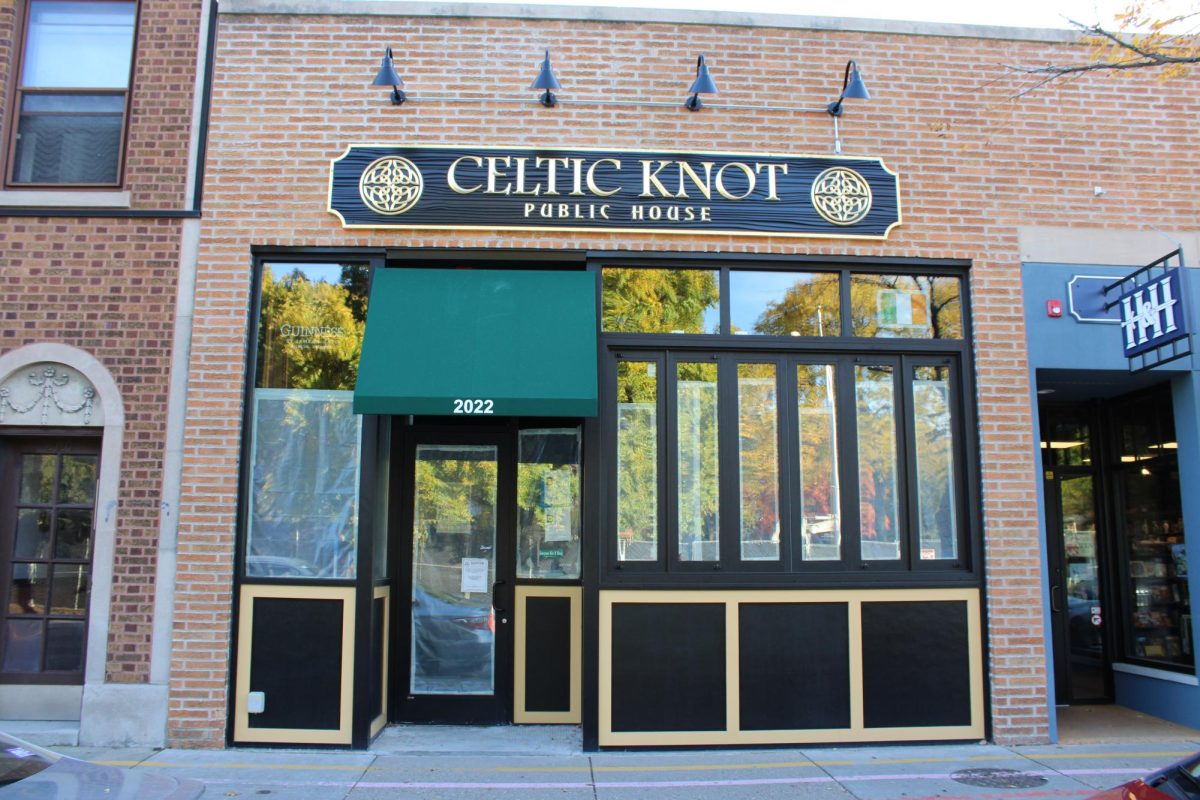On Feb. 1, Rhonda Craven, a historian at the Second Baptist Church of Evanston, spoke at the Evanston History Center on Greenwood Street. Her presentation focused on historical Black health professionals in Evanston, most of whom had done their work from 1890 to 1930. As the presentation began, over 50 community members filed into the building.
Craven specifically lectured about the Garnett family, including William Fielding Garnett and Isabella Maude Garnett, who paved the way for Black health professionals on the North Shore.

William Garnett was born in 1863 in Chicago and moved to Evanston in 1869. In 1890, he attended the Northwestern University Dental School, where he was one of the first Black graduates. When he took his oral exam at the university, the faculty did not believe that he passed on his own and accused him of cheating. In fact, Garnett had a photographic memory, so he was able to duplicate his answers when he was forced to take the test for a second time. Later in his life, he started his own dental practice, and in 1897, he moved his business from Chicago to Benson Street in Evanston. In 1906, Garnett married Helen Webb. Together, they had two children, and became involved in the push for civil rights in the community.
“[Garnett and Webb] regularly challenged discriminatory seating rules in local movie theaters,” said Craven. “[They also] led the effort to establish the Emerson Street YMCA.”
One of Garnett’s sisters, Isabelle Maude Garnett, was born in 1872 in Evanston. She was an aspiring nurse and attended the nursing program at Provident Hospital, where she graduated and received a nursing degree in 1895. After attending Harvey Medical College in Chicago and receiving a premedical degree, Garnett received her M.D. from the College of Physicians and Surgeons of Chicago (now part of the University of Illinois at Chicago) in 1901. In 1907, Garnett married Arthur Butler and in 1914 they opened the Evanston Sanitarium, which was one of the only hospitals in the area to treat Black patients at the time. After Butler’s untimely death in 1924, Garnett renamed the hospital in his honor, however, the institution is no longer in existence.
Although this presentation focused on the history of Black health professionals, the Evanston History Center holds regular learning events covering a wide range of topics. All the lectures are free, following the removal of a $10 admission fee in January.
“The mission is to preserve, collect and share Evanston history,” said Deborah Kasindorf, Executive Director of the Center. “[We want] to have conversations, programs and exhibitions about history that is relevant today.”
The next event held by the Evanston History Center will be on Feb. 8 and will cover the Underground Railroad.








